| *In alphabetical order |
|||

|
Raúl Abeledo Doctor
in Economic Sciences and Master in Environmental Strategies and
Management. Specialized in local development, sustainability and
cultural planning and author of the thesis "The Agenda 21 as a Strategy
for Local Sustainable Development: From Environment to Culture". After
seven years of consulting experience in the private sector, he became
part of the Cultural Economics Research Unit (Econcult), University of Valencia, where he has been directing the European Projects area since 2006. |
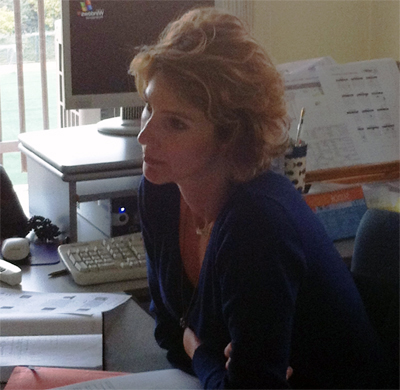 |
Mercedes Acitores Ms. Acitores is Master in European Policies by the University of Valencia. Currently she works as Liaison Officer of the MED Programme with the Mediterranean Basin neighborhood programme (ENPI CBC MED) connecting both programs and trying to find synergies between the projects and activities developed in the European Territorial Cooperation and the EU neighborhood policies. Her experience in Structural Funds comes since 1998 managing ESF projects, collaborating as expert in twinning and currently in the MED Programme Structure. |
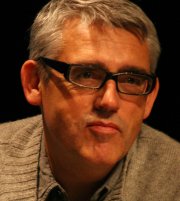 |
Current director of Relais Culture Europe, a French resource
centre on Europe and Culture. He has held various positions
related to the performing arts: executive director of the Centre
Choréographique National de Rennes et de Bretagne, co-director of the
choreographic development project Isadora and Secretary General of the
Groupe de Musique Experimentale de Bourges. He has been involved for
several years in European and international cultural cooperation and is a member of the
IETM and FEMEC networks.
|
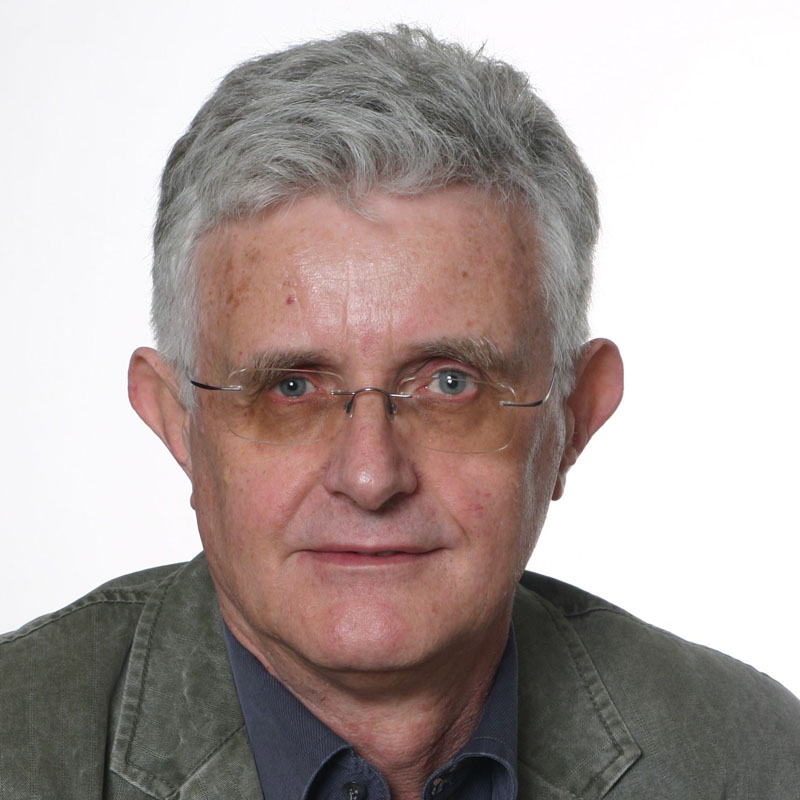 |
Pavel Gantar |
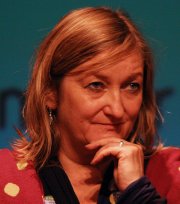 |
Nevenka Koprivšek Ms. Koprivšek was trained at École Jacques Lecoq. She started as an actress, then became theatre director and later on artistic director. In 1997 she established Bunker and since then she has acted as the company´s director, as well as artistic director of the Mladi Levi international festival and Stara Mestna Elektrarna, an old power plant converted into a performing arts centre in Ljubljana. Nevenka is involved as a member or co-founder in many international networks and exchange projects. |
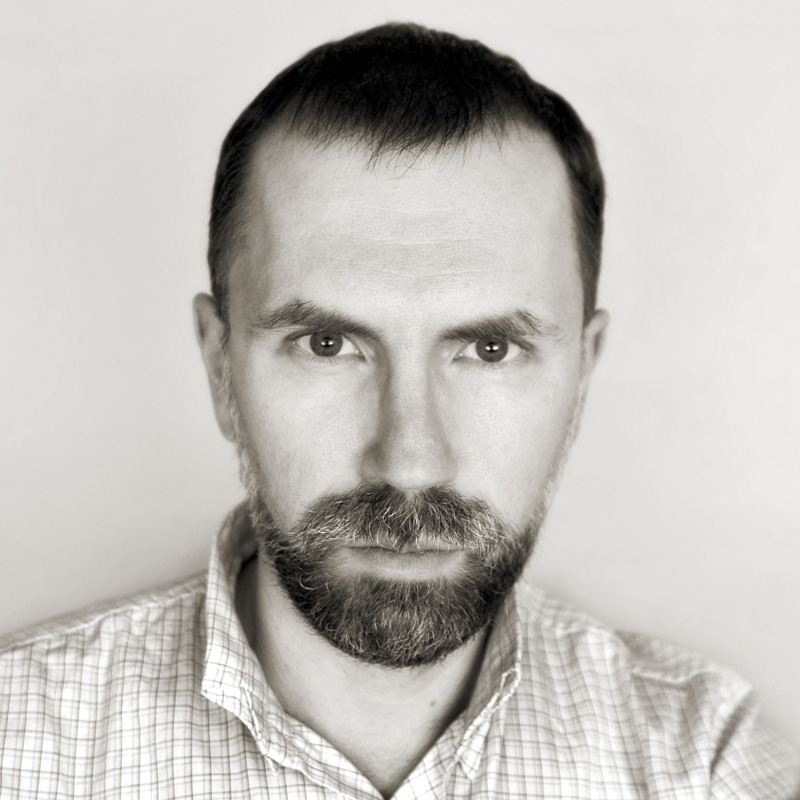 |
Stevan Kordić |
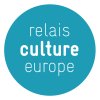 |
Catherine Lalumière Ms Lalumière, Doctor of Public Law and
Political Science, chairs a number of European-oriented associations: Relais
Culture Europe, la Maison de l’Europe de Paris, la Fédération Française des
Maisons de l’Europe and l’Association Européenne des Écoles d’Études Politiques
du Conseil de l’Europe. She was the French Secretary of State for European
Affairs from 1984 to 1986, acted as Secretary General of the Council of Europe
from 1989 to 1994 and held the vice-presidency of the European Parliament from
2001 to 2004. |
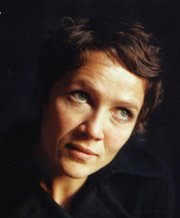 |
Maïté Mazel Ms. Mazel is the director of the European City of Artcrafts & Design (CITEMA), which she created in 2006 after undertaking a Master Degree in European Cultural Management in the Sorbonne Nouvelle University (Paris) and working as a cultural program manager at several cultural centers in Africa. |
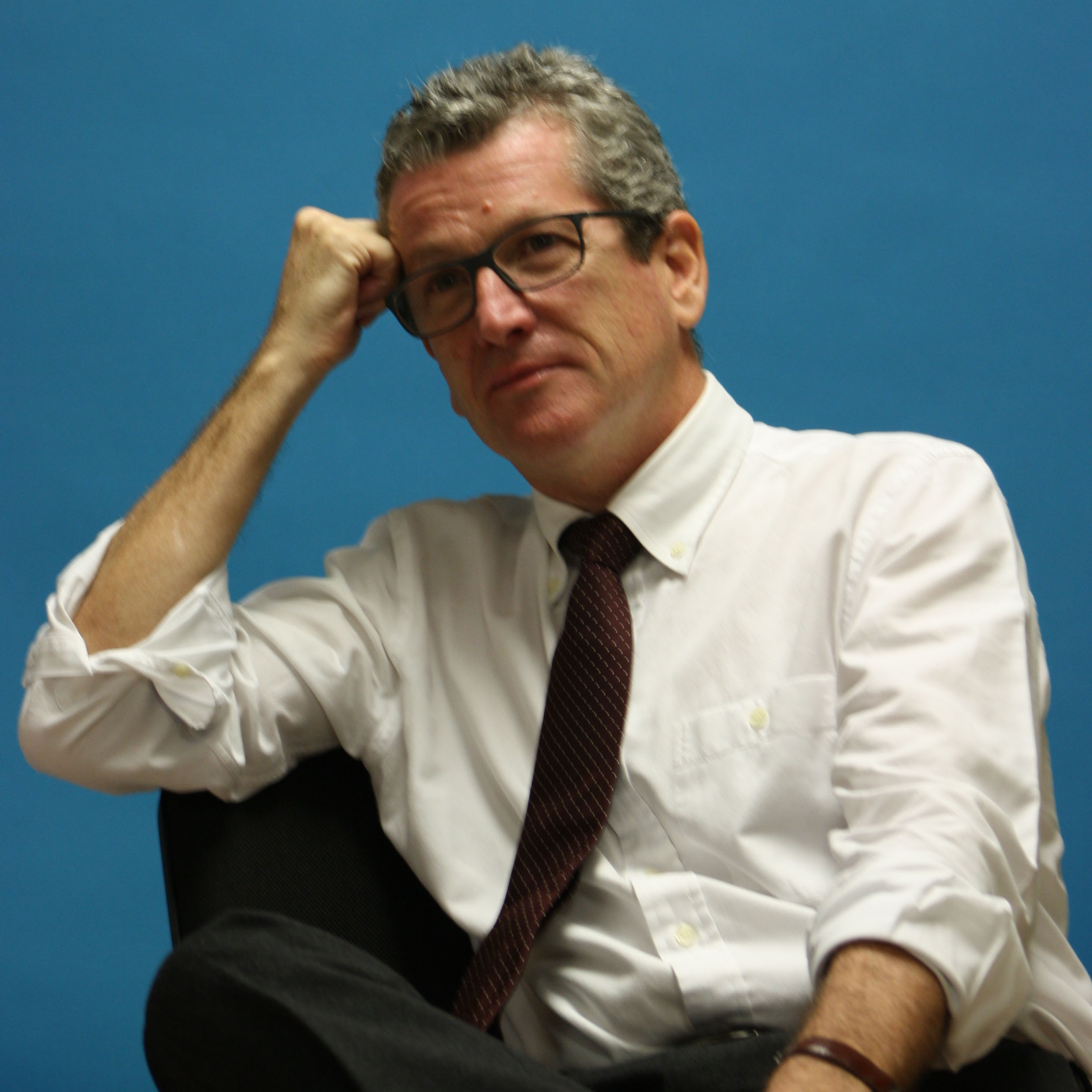 |
Tony R. Murphy |
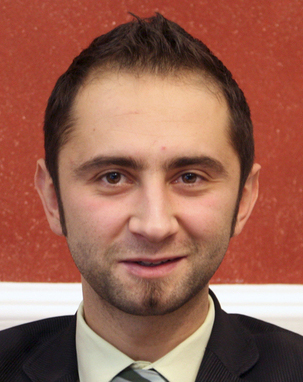 |
Alin-Adrian Nica |
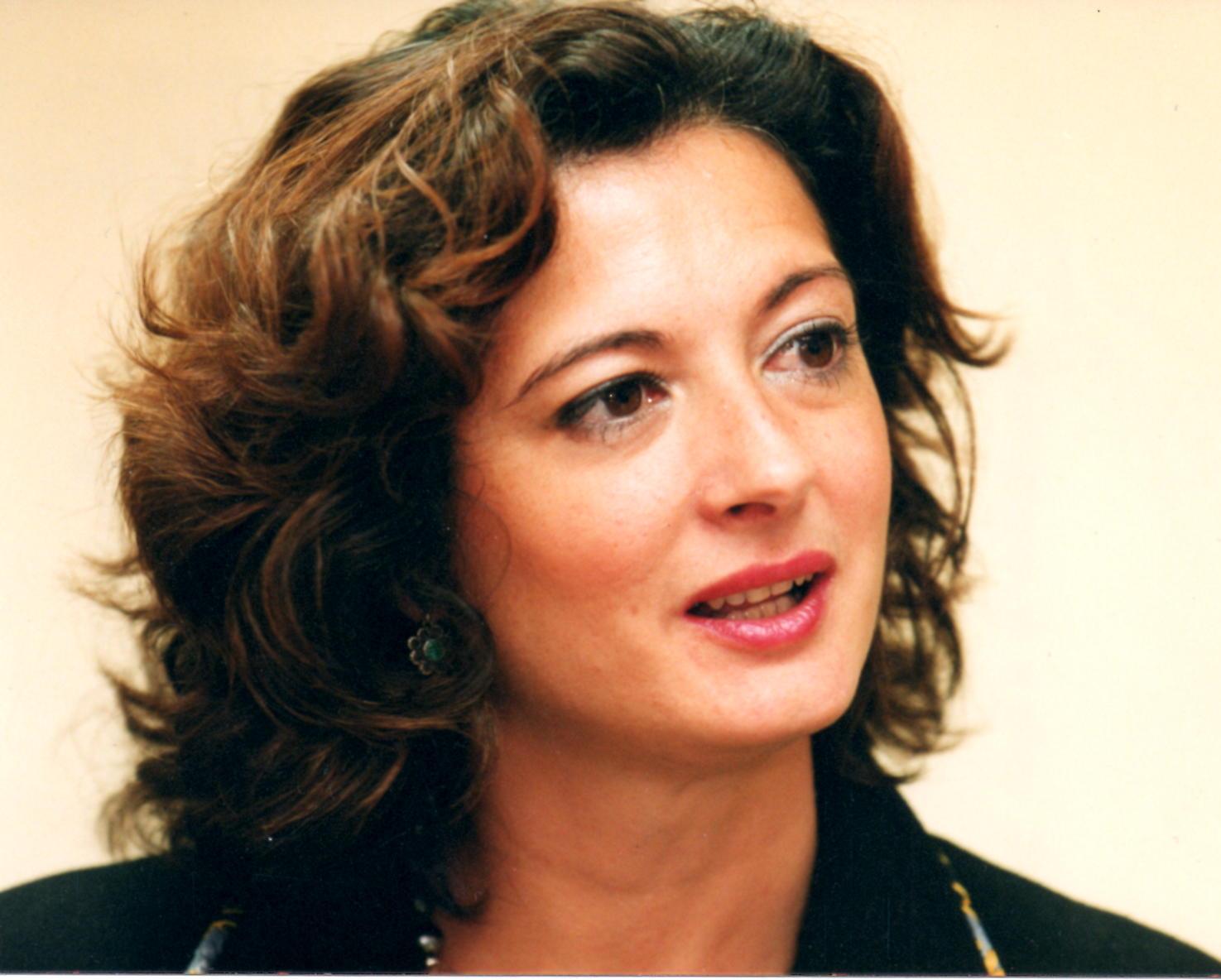
|
Ana Noguera Ms. Noguera, Doctor in Philosophy, is a member of the Valencian Cultural Council (CVC). She was a deputy at the regional assembly and a councillor at the Valencia City Council. She is also a professor at the National University of Distance Education (UNED) and a member of Valencian Writers Association (CLAVE). She is part of the editorial board of the magazine “Temas para el debate” and contributes as a columnist to the online magazine “Sistema Digital”, published by the Sistema Foundation. |
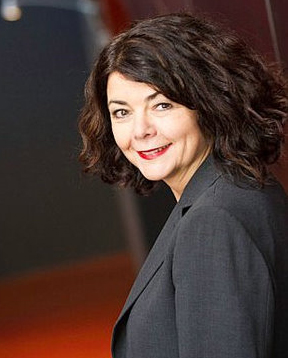 |
Montserrat Pareja-Eastaway Ms. Pareja has worked at the University of Barcelona since 1993 researching and teaching in Economics. She currently leads the Research Group on Creativity, Innovation and Urban Transformation at the UB. Housing affordability, social cohesion, sustainable housing, urban competitiveness and urban regeneration strategies are some of the key aspects of her research. She was the Spanish coordinator of the ACRE project (Accommodating Creative Knowledge. Competitiveness of European Metropolitan Regions in an Enlarged Europe) an EU project funded under the VIt Framework Programme. |
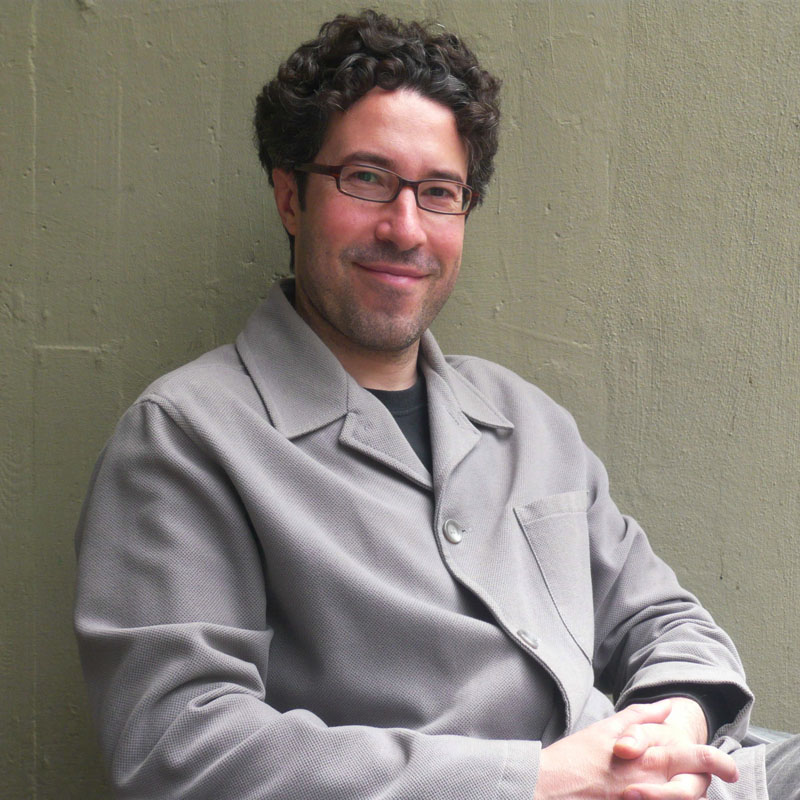 |
Jordi Pascual Mr. Pascual is a programme manager and researcher specialized in cultural policies, sustainable development and international cooperation. He is the founding coordinator of the Agenda 21 for Culture process for United Cities and Local Governments (UCLG), whose Culture Committee is chaired by Barcelona's City Council. Mr. Pascual, who he teaches Cultural Policies and Management at Catalonia's Open University (UOC) was member of the Jury for the European Capital of Culture of 2010, 2011, 2013 and 2016. |
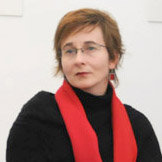
|
Tatjana Rajić Ms. Rajić is a Montenegrin architect. Since 1997, she´s been working as a program manager at EXPEDITIO, a non-governmental organization heardquartered in Kotor whose mission is to encourage sustainable spatial development in Montenegro and SEE region through activities in the fields of sustainable architecture, cultural heritage, urban planning and through projects that encourage the overall development of the civil society. |
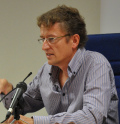 |
Pau Rausell |
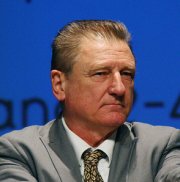 |
Ferdinand Richard |
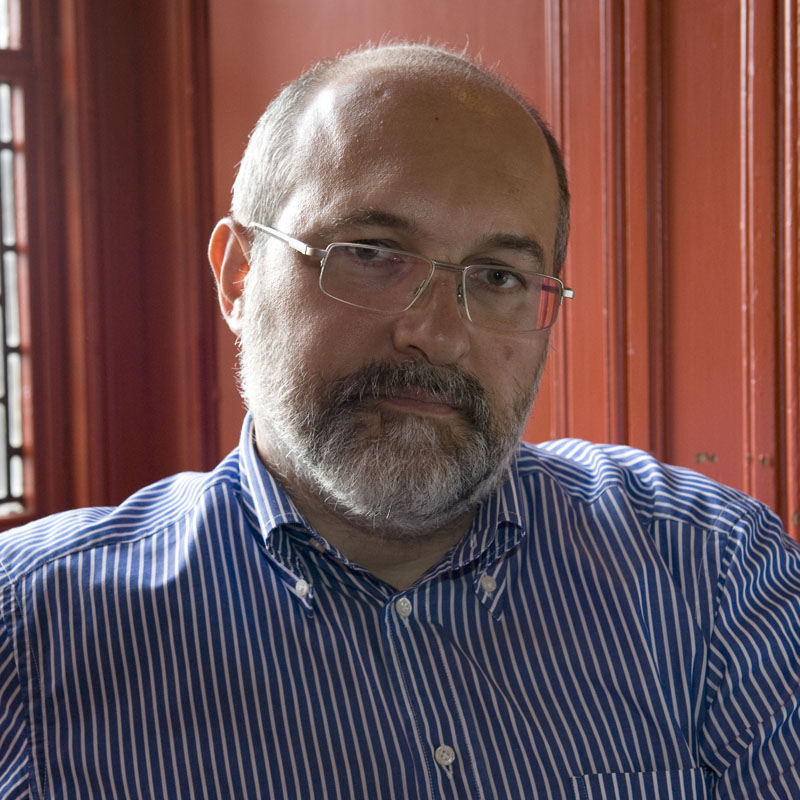 |
Pier Luigi Sacco Mr. Sacco is Dean of the Faculty of Arts, Markets, and Heritage and Professor of Cultural Economics at IULM University of Milan. He also teaches Creative Industries at the University of Italian Switzerland in Lugano. He is the Director for the bid of Siena as European Capital of Culture 2019. Has published more than one hundred articles in peer reviewed journals on game theory, cultural economics and policy, culture-led local development processes. Mr. Sacco also works as policy designer and consultant for national and local administrations and cultural institutions internationally. |
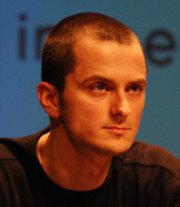 |
Samo Selimović Mr. Selimović is a political scientist graduated from the University of Ljubljana (Slovenia). He is currently the manager of the Sostenuto project at Bunker and also a Games Master in the Future City Game project, promoted by the British Council. |
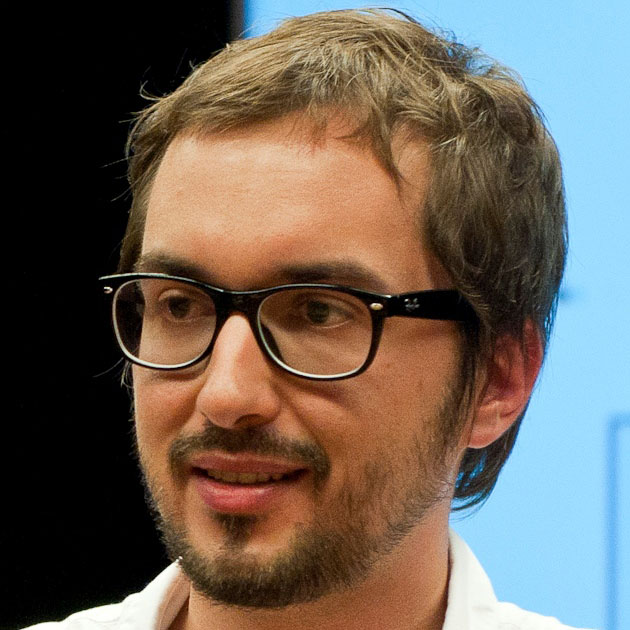 |
Leandro Valiati Brazilian economist, professor, consultant and researcher on Cultural Economics in several national and international institutions, including the Federal University of Rio Grande do Sul, the Economy and Statistics Foundation of the State of Rio Grande do Sul State , Brazil's Ministry of Culture, UNESCO, and the Organization of Ibero-American States (OEI). He holds an MA in Urban Planning and a PhD in Development Economics. He has recently published the book Economia da Cultura e Cinema: notas empíricas sobre o Rio Grande do Sul (Terceiro Nome). |
|
|